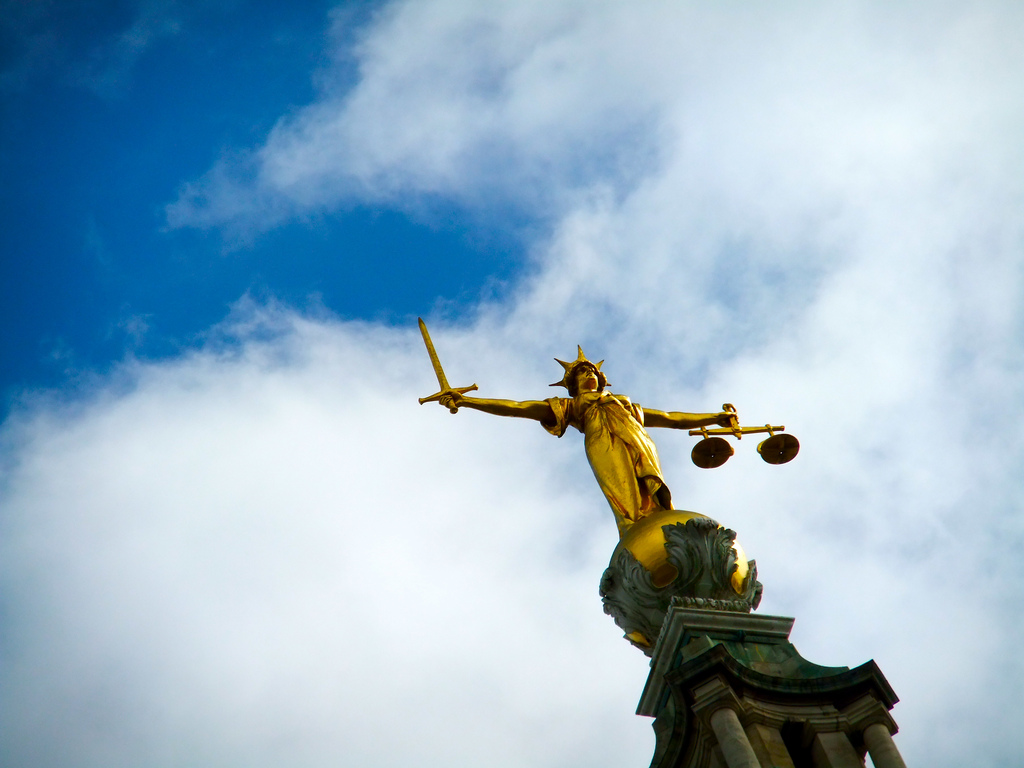A report on access to environmental justice has been quietly published by the Department for Environment, Food and Rural Affairs (DEFRA) during peak holiday season. Published on an obscure website, the report includes inaccurate figures on the cost of pursuing environmental legal cases against the government.
On 15 August DEFRA, now run by “shy green” Michael Gove, opened a consultation on a report about how the UK will implement the Aarhus Convention – which provides the rights to access to information, public participation in decision-making and access to justice when it comes to environmental issues.
The DEFRA report argues that the UK is in full compliance with all the three pillars of the convention. However, recently the government adopted new rules which expose people and organisations to potentially unlimited legal costs when pursuing an environmental case against the government.
Earlier this month an Aarhus Convention Compliance Committee report found that this recent law reform moved the UK “further away” from fulfilling its duty to allow citizens to bring forward environmental cases.
As ENDS first reported: “The way the [DEFRA] consultation has been presented appears engineered to avoid or minimize scrutiny, which itself would clash with the convention’s principles.
“It was put out on DEFRA’s dedicated consultation website and is not mentioned on gov.uk’s list of government consultations, nor is it present on DEFRA’s list of recently published documents … It also came at a time when many people are still on holiday.”
DEFRA defended itself to ENDS, simply stating: “This consultation is hosted on a publicly available website. We welcome all views.”
The report, writes ENDS, was also published without notifying NGOs who are currently challenging the government’s change to the rules. Last month environmental lawyers ClientEarth and NGOs Friends of the Earth and the RSPB took the government to court, claiming the rule change has a “chilling effect” on environmental legal cases. A ruling is expected this month.
Previous rules in the UK capped the costs that individuals, community groups and environmental groups have to pay on losing a case against a public body to £5,000 for individuals and £10,000 in all other cases. If they successfully won the case, costs were capped at £35,000.
But under the new rules, claimants will have to provide the court with information about their personal finances when applying for Judicial Review. Even if judges decide to set a cap, or upper limit, on the costs that litigants could be held liable for during the proceedings, they will be able to increase the cap at any stage.
The change in rules therefore makes it impossible for public interest litigants to know how much a case will cost from the start. Individual campaigners and charities could therefore find themselves facing costs of tens or even hundreds of thousands of pounds for a High Court action.
Despite the Ministry of Justice implementing the rule change in February, DEFRA’s report wrongly states that costs for legal challenges have not changed.
The consultation period will last just two weeks, ending on 29 August. There is no mention of the NGOs legal challenge or of the impacts Brexit may have.
Photo: James Cridland via Flickr | CC2.0
Subscribe to our newsletter
Stay up to date with DeSmog news and alerts







